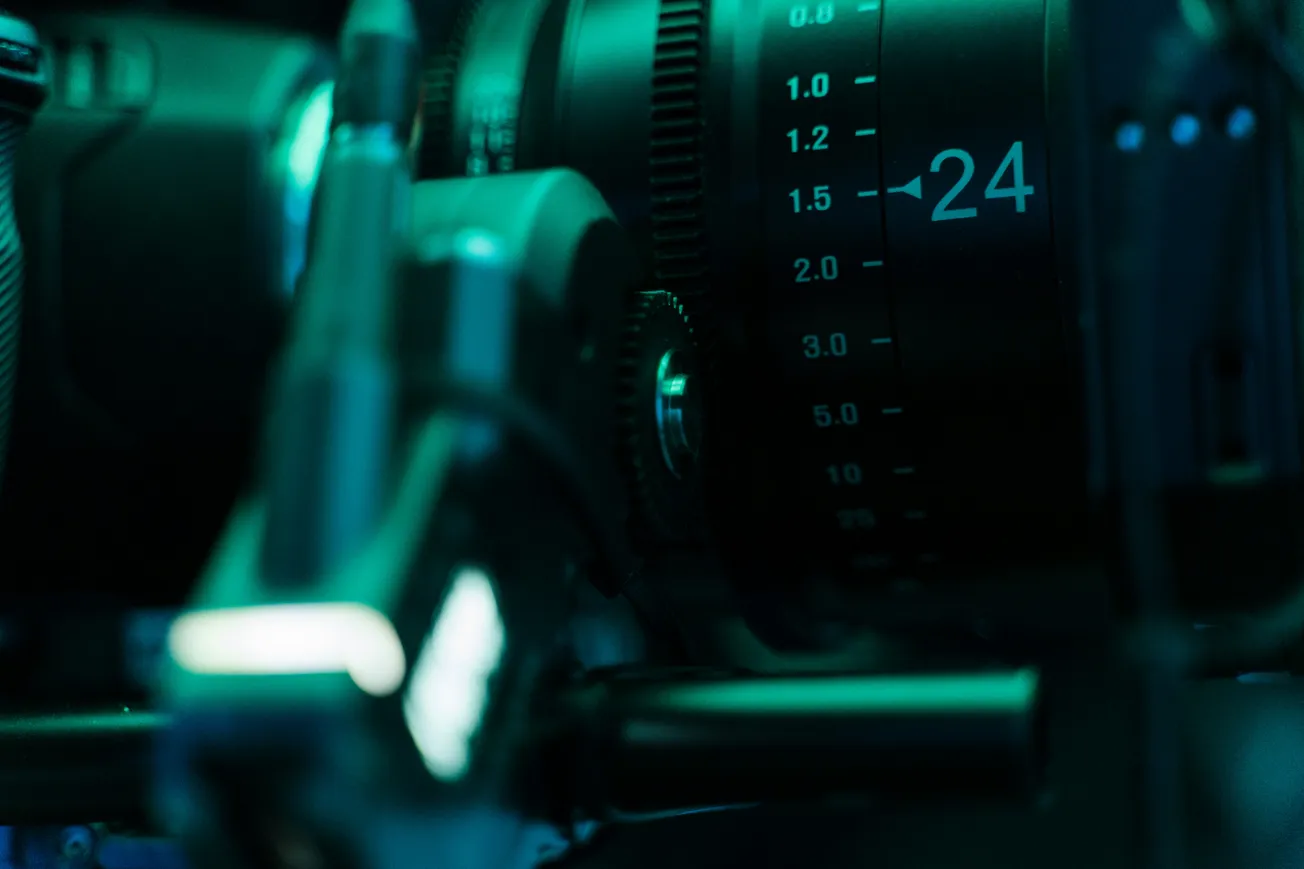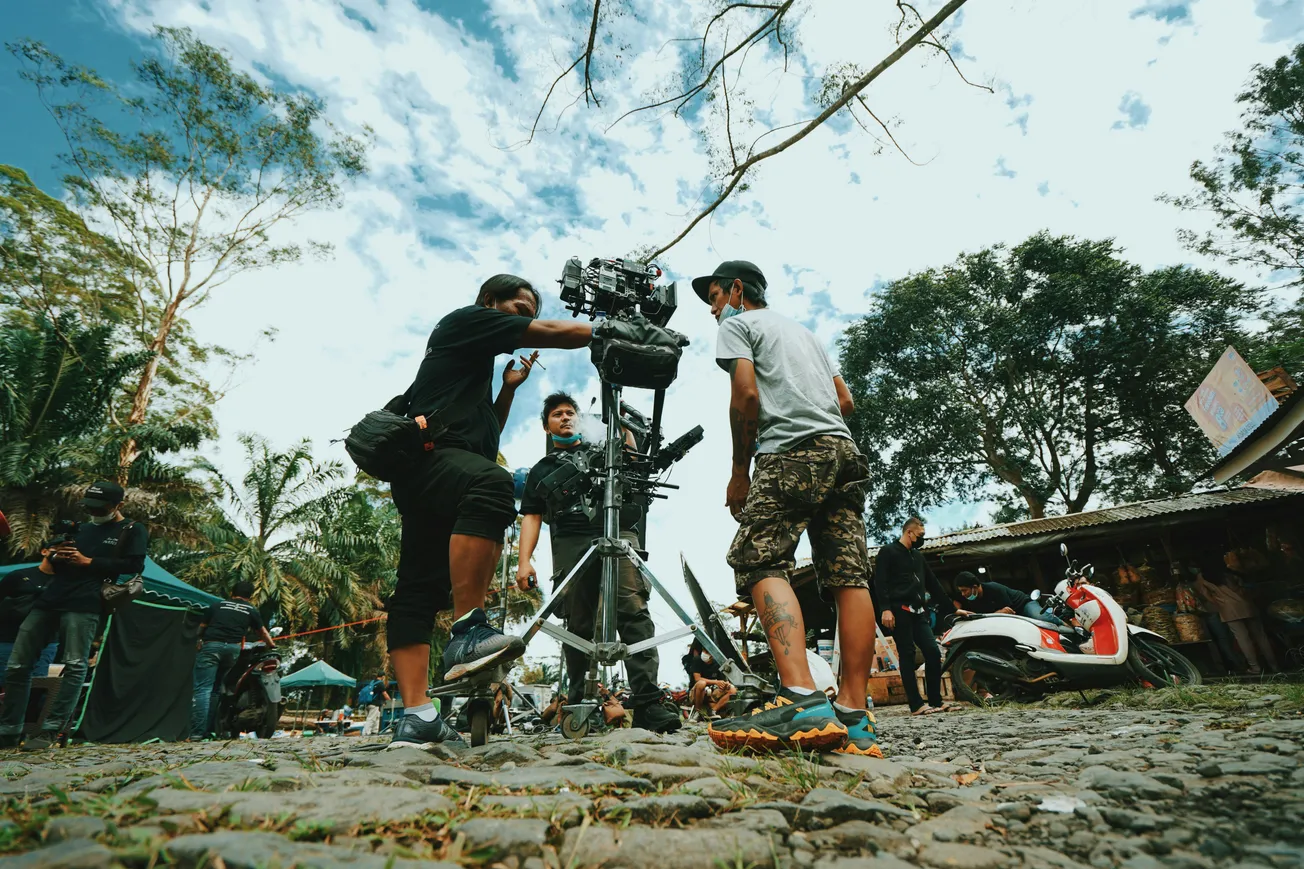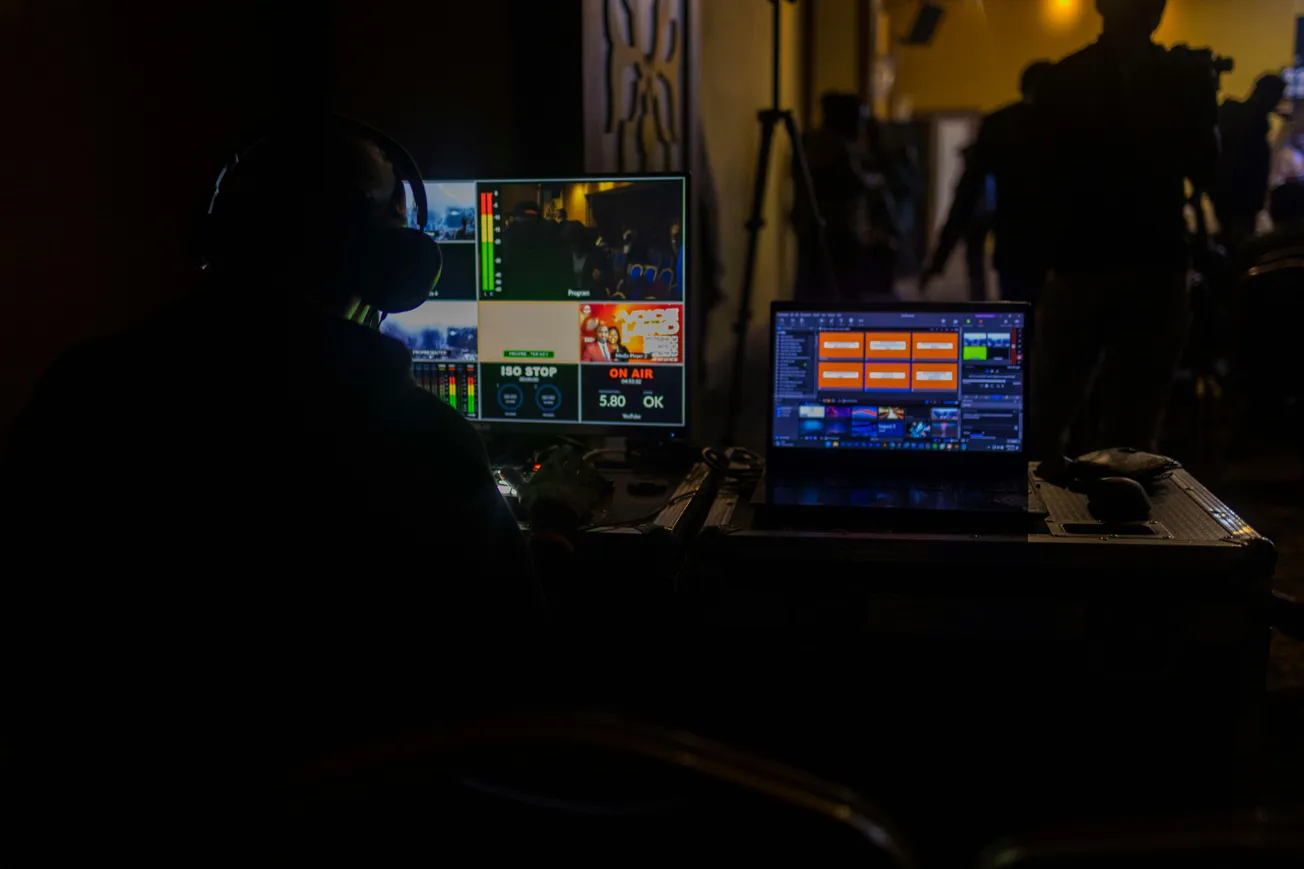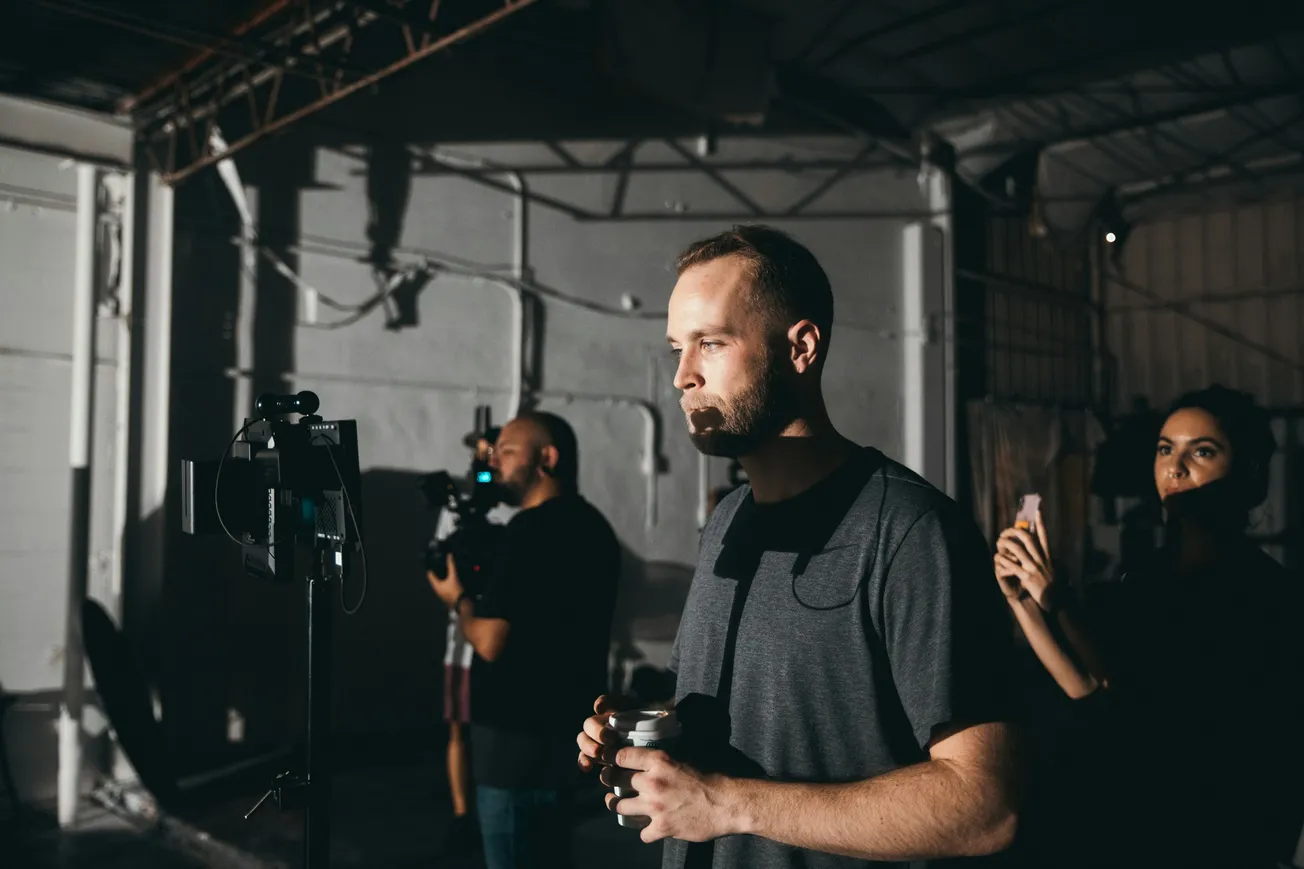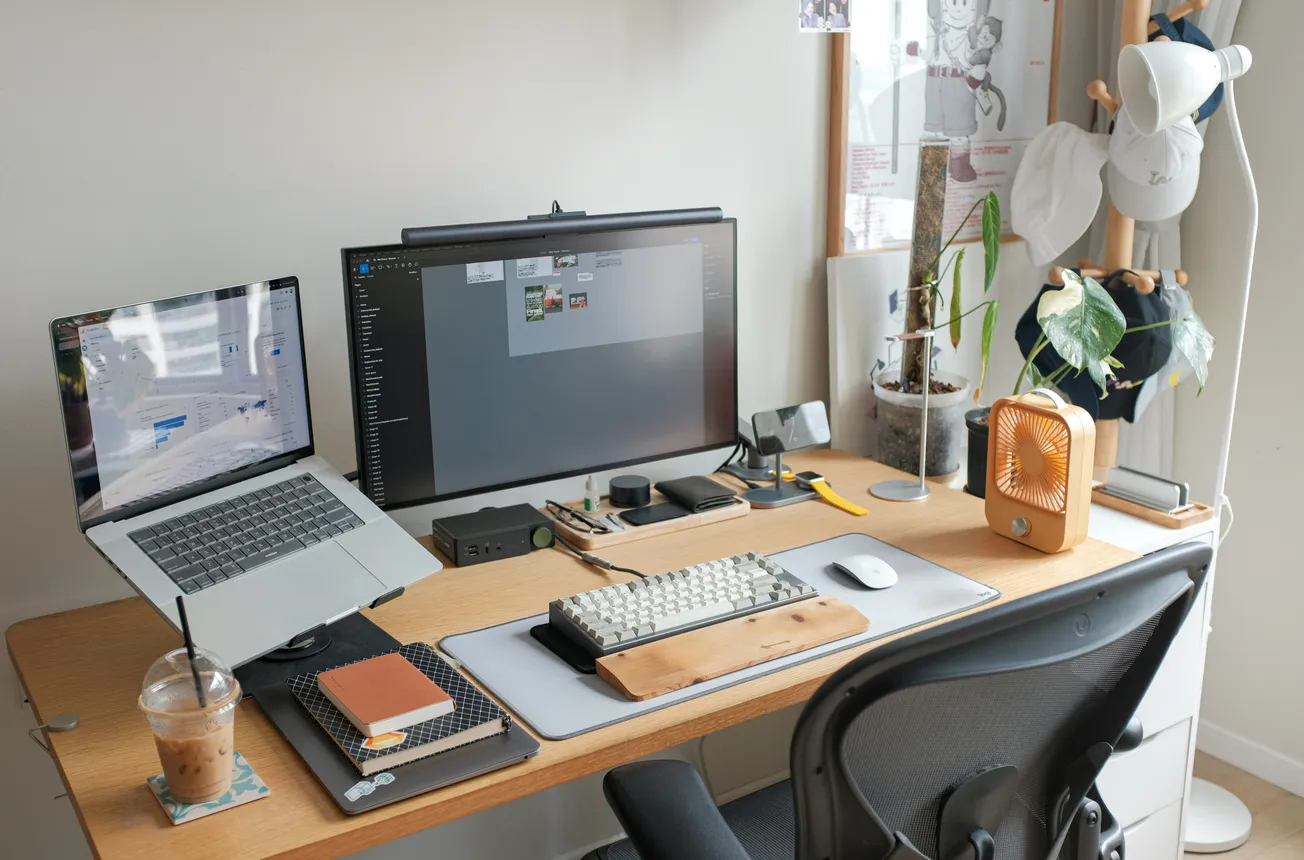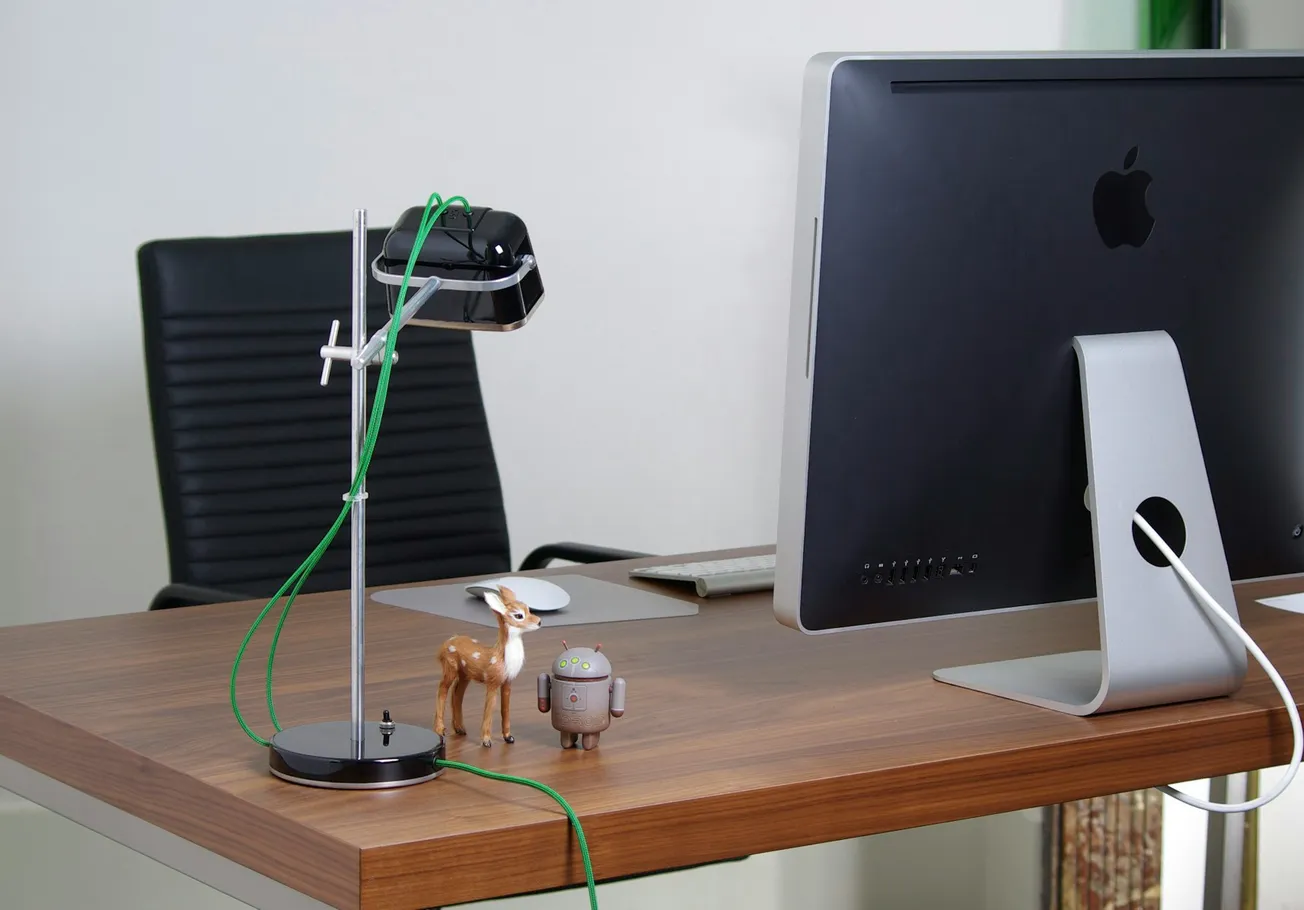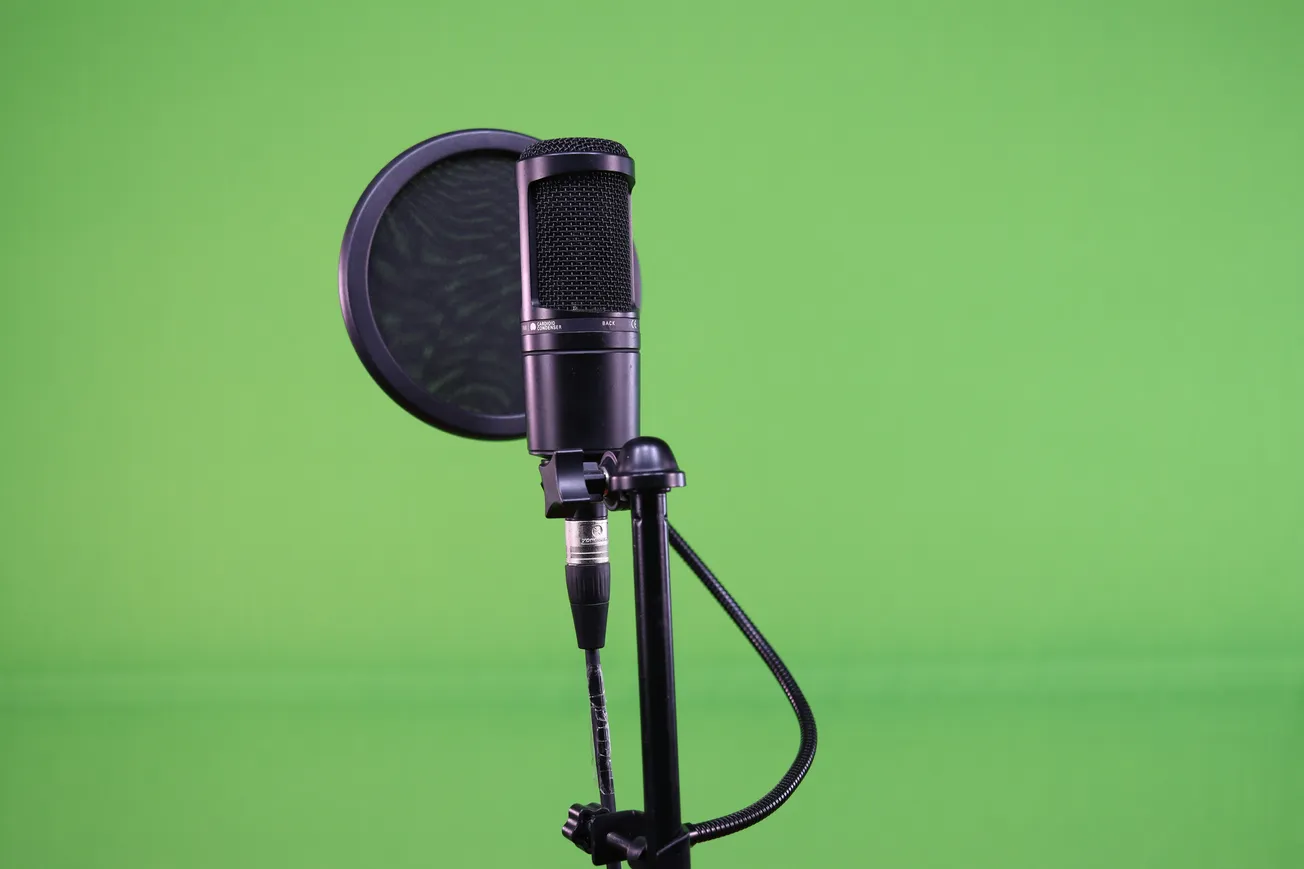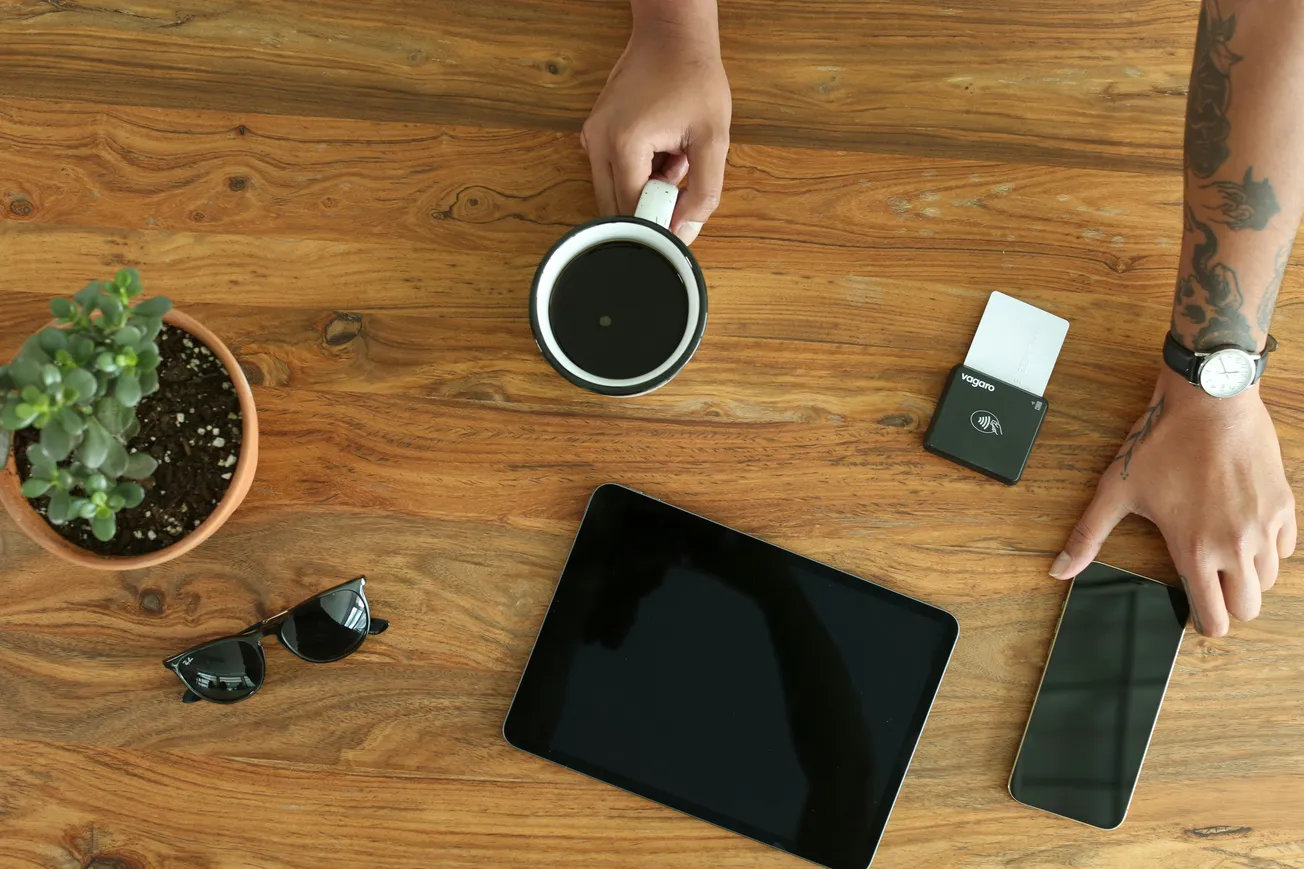When most people think about careers in video, they picture film sets, brand campaigns, or viral YouTube content. But there’s a niche in the industry that demands technical mastery and offers consistent work: filming legal depositions.
Legal videography isn’t flashy, but it’s one of the most exacting environments a camera operator can work in. Unlike commercial shoots where edits, color correction, and post-production can fix flaws, deposition video must be accurate, uninterrupted, and unembellished—because it can become courtroom evidence.
The Legal Videography Workflow
To meet legal standards, videographers must maintain a clear chain of custody, with no edits, cuts, or enhancements that could compromise the footage. That means using tools that ensure redundancy and time synchronization. Most setups include dual cameras, wired lavalier microphones, and power backups like uninterruptible power supplies (UPS) to guard against outages.
Audio is crucial. If speech isn’t captured clearly, the video becomes useless. Framing must also be neutral—no close-ups, dramatic angles, or artistic flourishes. The subject, often a witness or expert, is recorded head-on in a clear, evenly lit space.
Software plays a big role, too. Tools like OBS (Open Broadcaster Software) help add time-and-date burn-ins—an essential for admissibility—and distribute live feeds via Zoom when hybrid sessions are involved. File formats matter: 1080p resolution and manageable bitrates prevent file bloat during hour-long depositions, while still meeting quality standards.
Why It’s a Training Ground for Creators
This kind of work can be the ultimate boot camp for aspiring cinematographers or freelance videographers. It demands precision, technical confidence, and a deep understanding of sound, lighting, and workflow. There’s no luxury of reshoots or post-processing magic. You learn to get it right in real time, which translates well to live streaming, event coverage, and documentary work.
Plus, there’s strong demand. Legal teams across the U.S. rely on trained video professionals to document key testimony. For those willing to learn the rules, it offers repeat clients and steady income—an attractive prospect in the feast-or-famine world of freelance video.
Beyond the Courtroom
Some professionals, like the subject of the referenced interview, branch into creative pursuits alongside legal work. One example includes developing educational content that blends live-action and animation for early learners—a nod to how production fundamentals can apply across vastly different genres.
For Beginners: Start Simple
Breaking into legal videography doesn’t require high-end gear right away. A quality camera, reliable mics, backup power, and a clear grasp of legal protocols are enough to begin. From there, consistency and professionalism drive success.
Whether you're starting in video or looking to sharpen your technical edge, filming depositions offers a unique, high-discipline opportunity to develop your craft and build a business.



